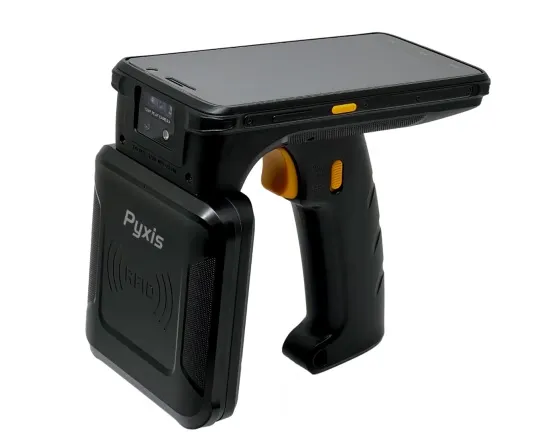The first newly developed inspection devices for e-Tickets, developed by Hoeft & Wessel, have just been delivered to the Danish State Railway (DSB). With a weight of only about 200 grams, the small and ergonomically designed device sets new benchmarks. When e-Ticketing is widely deployed, the conductor´s current mechanical validator will be replaced by electronic ones, which can identify and read RFID tags, writing (OCR) and 2D barcode.
March 29, 2012
Read time: 1 min
The first newly developed inspection devices for e-Tickets, developed by Hoeft & Wessel Group, have just been delivered to the 4330 Danish State Railway (DSB). With a weight of only about 200 grams, the small and ergonomically designed device sets new benchmarks. When e-Ticketing is widely deployed, the conductor´s current mechanical validator will be replaced by electronic ones, which can identify and read RFID tags, writing (OCR) and 2D barcode.
As a first step, 1,400 mobile readers of the new model series are to be supplied by Hoeft & Wessel to DSB and then used by train attendants from early 2013. The delivery of the reader is in connection with the introduction of the "Rejsekort" e-Ticket in Denmark.
As a first step, 1,400 mobile readers of the new model series are to be supplied by Hoeft & Wessel to DSB and then used by train attendants from early 2013. The delivery of the reader is in connection with the introduction of the "Rejsekort" e-Ticket in Denmark.










